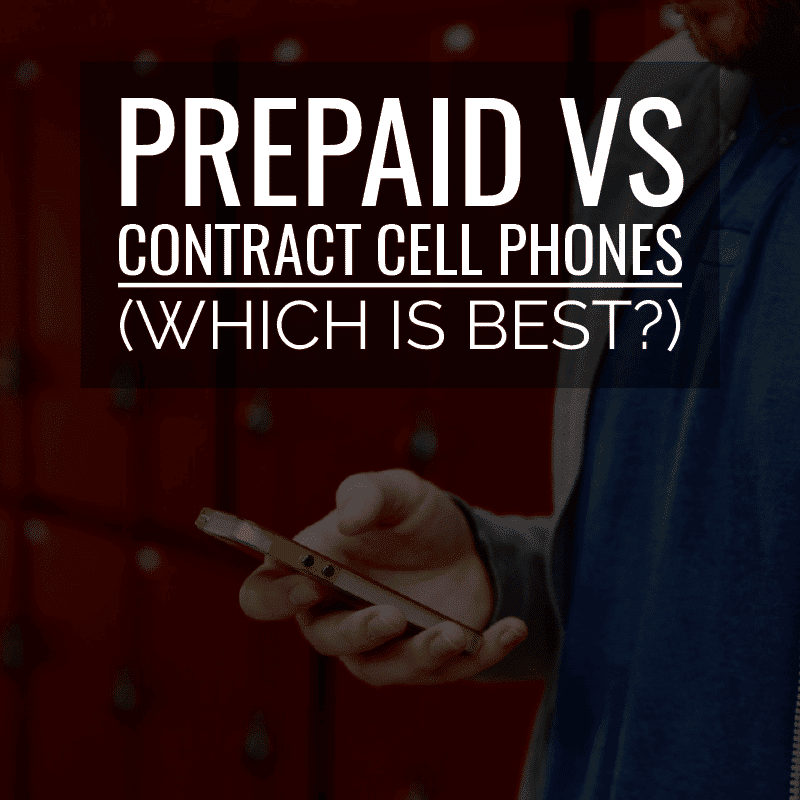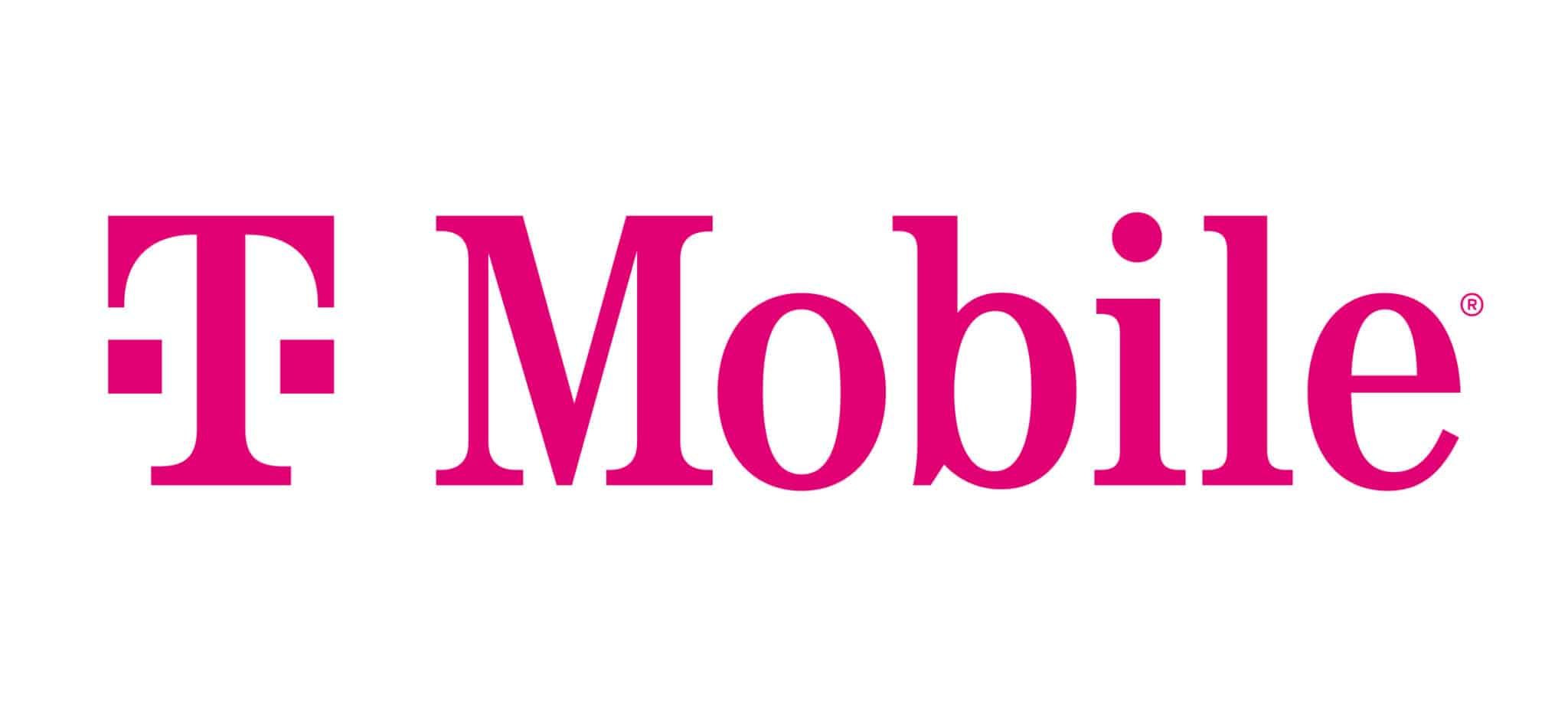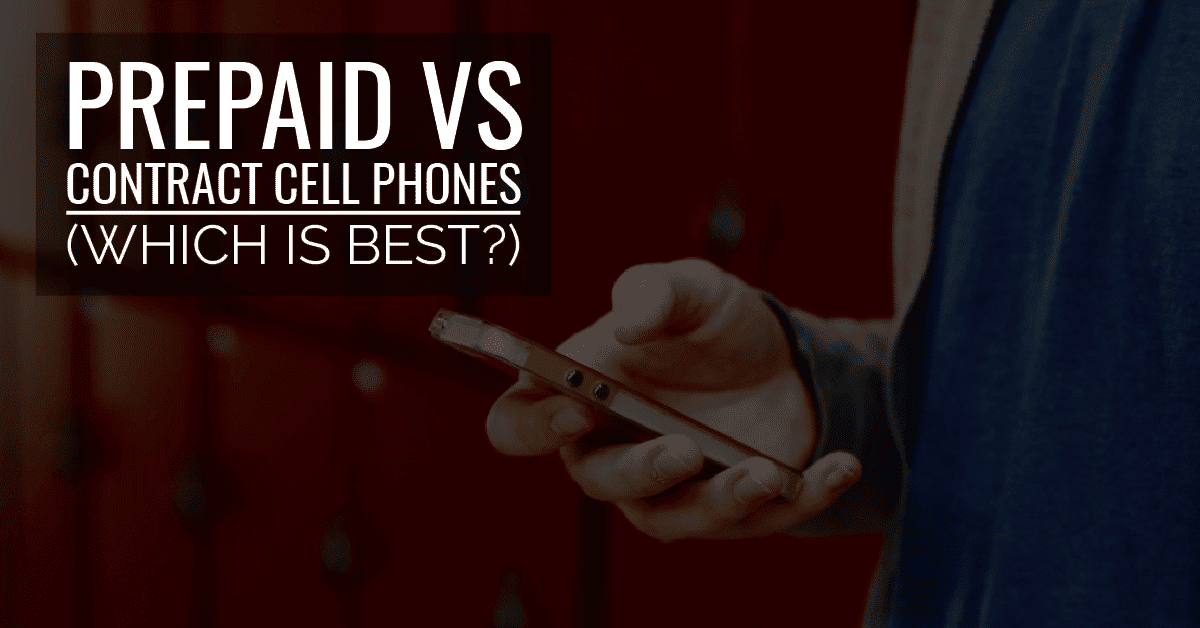
The argument as old as time.
Which is best: a prepaid cell phone plan versus a contract plan?
The short answer to the question is that it truly does depend on your lifestyle and goals.
The longer answer to that question however is what we’ll explore in this post.
If you've never considered a prepaid cell phone plan, set aside that reservation for a few minutes and read this article. You might find that it could be a better deal in your situation.
What Will You Be Using Your Phone For?
In determining which type of cell phone plan to settle on, you will have to take into account what you will be using the phone for.
If your needs are fairly simple and you only need to use your phone for daily calls to your family and loved ones and nothing more, a prepaid phone, which by their nature tend to be cheaper, might be the way to go.
On the other hand, if you run a side hustle from your phone doing something like becoming an Uber partner or delivering packages via Amazon Flex, you might very well need a robust cell phone plan. In this case a contract cell phone plan which comes with unlimited data, talk and text might be your solution.
Can You Live Without Bells and Whistles?
If you are not a social media enthusiast, hardly play video games on your phone or surf the internet with your phone, staying with a cheap cell phone plan always makes sense (especially if you're trying to achieve F.I.R.E.).
However, if you are in a place where you really need to cut expenses so that you can pay off debt or save money for the future yet you still enjoy all the additional features that come with having a more expensive plan.
If you can genuinely answer positively to that question or wouldn’t miss those features should you forfeit them, you are ready to opt for a cheaper and likely prepaid plan.
The Stress of Contracts
For those old enough to remember, it used to be that cell phone companies to protect their profits would have you sign a 2-year contract to be on their service. Canceling your contract before it was up meant a hefty $150- $200 fine.
If you did not like your phone or the service, too bad. You were stuck with it until your contract was up to upgrade your phone (without paying an expensive price for a new one ) or switch cell phone companies entirely. (Those days seem like the dark ages now, don’t they ?)
Companies like T-Mobile, MetroPCS, and TING have since made their millions by convincing us that going contract-free is a great thing.
All kinds of hilarious ads have been made to that effect.
So if you absolutely detest contracts and would rather have the flexibility to change phones whenever you want or be able to switch cell phone companies, choosing a prepaid cell phone plan is the better choice.
The Cost For Prepaid Cell Phone Plans
Last but not least, let’s consider the actual costs per month and over the course of a year when you compare a prepaid cell phone plan to a contract plan.
Are prepaid cell phones actually cheaper?
Let’s take a look at a handful of the top prepaid cell phone companies that offer you at least 5GB of data each month.
T-Mobile
T-Mobile offers prepaid plans starting at $50 per month for unlimited talk, text, and 4G data.
Check out T-mobile prepaid phone plans here.

Ting
Ting does not really have “plans” like all the other companies. They have “levels” where you pay for what you use in a month. The base level is $25 per month, which includes 5GB of data.
The “level” that is unlimited data is $45 per month.

Boost Mobile
Boost Mobile offers some of the cheapest prepaid cell phone plans, but they are incredibly limited. For just $10 per month, you can get 1GB of data.
They don't offer an unlimited data plan, but you can get 35GB of data per month for $60 per month.
Cricket
Cricket offers a plan for 10GB of data and unlimited talk and text for $40 per month. If you want the unlimited plan, you'll be at $55 per month.

So on average for a prepaid plan that offers you talk, text and data of at least 5GB (the average amount of data cell phone users will use in a month), you are looking at a payment of $50 monthly.
Taxes and additional fees are usually included in this cost so there are no extra monthly surprises. Also with prepaid networks you can bring your own device or purchase a device outright (although some like MetroPCS do have deep discounts going on all year round for phones).
There are even smaller plans if you want to go a little lower and still get good service.
The Cost For Contract Cell Phones
Now let’s compare this with their biggest contract counterparts. For a full list of the best cell phone plans, check this out.
AT&T
ATT Unlimited Starter Plan starts at $65 per month. This plan includes unlimited talk and text, but ATT is clear they may slow down your data.
However this does not include taxes and fees and if you purchase a phone from them you have the opportunity to put zero down and split the payment for the phone into smaller payments over several months.
So in reality, your monthly bill could be closer to $100 per month.
Verizon
Verizon has plans starting at $70 per month for unlimited data as well (it drops to $35 per month if you have 4 lines). Taxes and fees are additional plus there is a $20 device payment for smartphones. Also, if you don't enroll in paperless statements, you jump up $10 per month.
Here too, the monthly payment is more likely to be closer to $100+.
Read our full Verizon Wireless review here.
And so overall, as you can see you are likely to pay more on a contract cell phone plan as compared to a prepaid plan.
When Are Contract Plans Cheaper?
In most instances getting on a large family plan will tend to be at par in price with prepaid plans. If you have a large family or a group of friends willing to go in on it with you, then you could negotiate a good deal even on a contract.
Closing Thoughts
In conclusion, choosing the most suitable cell phone plan comes down to what is suitable for your lifestyle and plans.
If we have to argue, however, on price for value alone, prepaid cell phone plans will always win out.
What has your experience been with contract plans vs prepaid ones? Your thoughts are welcome in the comments.

Robert Farrington is America’s Millennial Money Expert® and America’s Student Loan Debt Expert™, and the founder of The College Investor, a personal finance site dedicated to helping millennials escape student loan debt to start investing and building wealth for the future. You can learn more about him on the About Page or on his personal site RobertFarrington.com.
He regularly writes about investing, student loan debt, and general personal finance topics geared toward anyone wanting to earn more, get out of debt, and start building wealth for the future.
He has been quoted in major publications, including the New York Times, Wall Street Journal, Washington Post, ABC, NBC, Today, and more. He is also a regular contributor to Forbes.
Editor: Clint Proctor Reviewed by: Claire Tak


